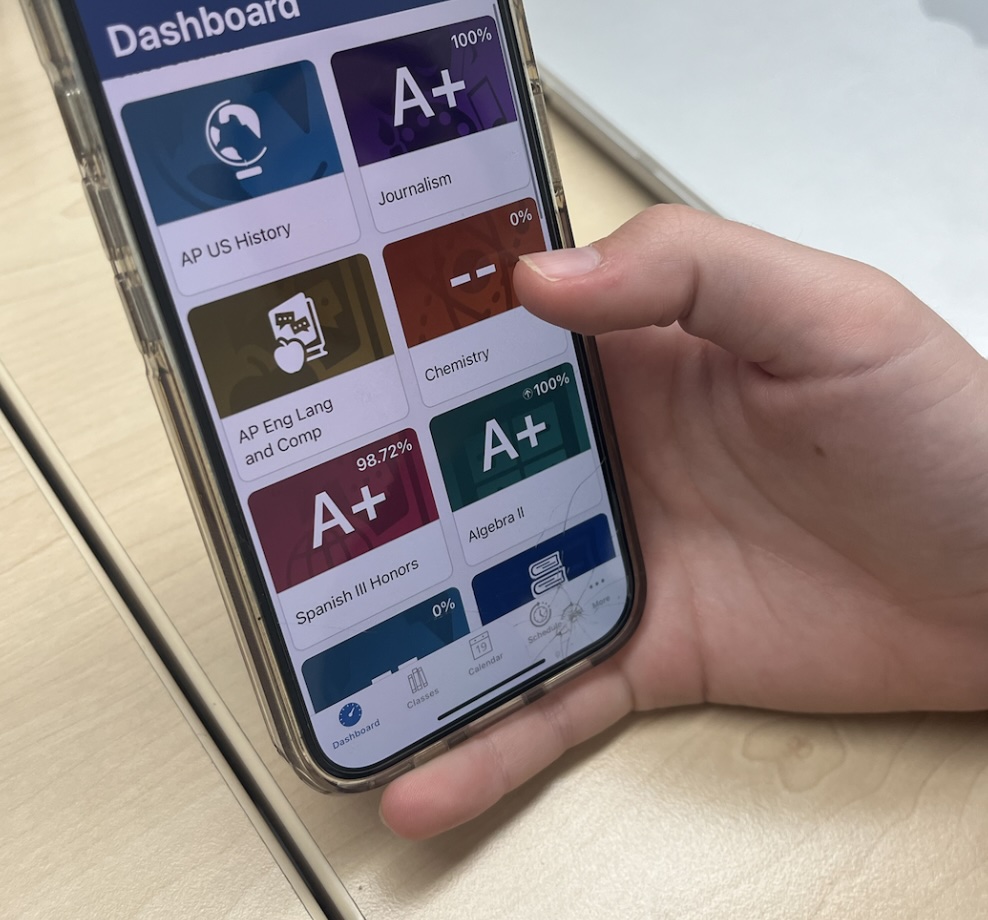At NDB, classes are graded using the standard American high school grading system. This letter system generally corresponds to a range of numbers on a 100-point scale. The grades are A–F, with A being the highest grade, F being the lowest grade, and an A+ being achievable with extra credit.
As most students are familiar with, an A grade is 90–100% with the corresponding GPA being 4.0, and a B is 80-89%. Anything below 60% is an F and is considered a fail. A D is usually considered a passing grade, but a C is recommended. Also, optional advanced placement (AP) and honors classes may have higher passing grades, allowing students who take more honors and AP courses to have the potential to earn a higher weighted GPA than those who do not.
Many high school students seem to be under the impression that anything below an A is a “bad” grade. According to collegetransitions.com, aiming to earn a GPA of around 3.5 is a great and realistic objective. Unfortunately, many students are not pleased with that level of GPA and strive to earn higher, no matter the toll on their energy or mental health.
“Students often put a lot of pressure on themselves and feel the need to get all A’s. I feel like a C is a bad grade, but it depends on the class. If I get a B in a class I usually do well in, I get upset, ” explained junior Gabby Goldfarb. “I’ve heard from a lot of people that they are unhappy with a B grade and are disappointed in themselves…I disagree with the idea that a B is a bad grade, but it’s not my best work and there is definitely room for improvement.”
The misinterpretation of “bad” grades is a recurring idea that plagues many high schoolers. It should be stopped to ensure students can maintain a healthy mindset during classes. A C grade is a pass, and a B is a good grade, even if the assignment is not completely correct.
“I would say a perfect grade is 90% and above, a bad grade is maybe a B+ or lower. It depends on the class if there’s a lot of competition, AP and honors get very competitive for high grades,” described junior Reece Hamilton. “Extra credit also depends on the class. I think harder classes should have extra credit, but I think that at 90% or below you should be allowed to get extra credit. For me, grades definitely matter in the long run as it does affect your GPA and your transcript with college things…I do overall think an A grade to a B grade is a big difference and I always strive for above a B.”
“In my position as a counselor, we have a lot of conversations about these sorts of issues,” explains counselor Mr. Gargatino. “How I see it is that GPAs are something that students have the most grasp on when applying to colleges, and its importance can become overemphasized. There is way more to college applications than just grades…there are other ways to bolster your application by following your passions…[grades] isn’t what life is all about, it’s about developing yourself and a career to help the greater good.”
Setting high standards for yourself as a student is not necessarily a problem, but students should be wary of becoming too focused on achieving “perfect grades” on all assignments. It is ultimately more important to focus on properly learning class material and enjoying one’s time as an NDB student.









